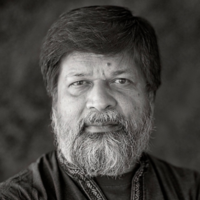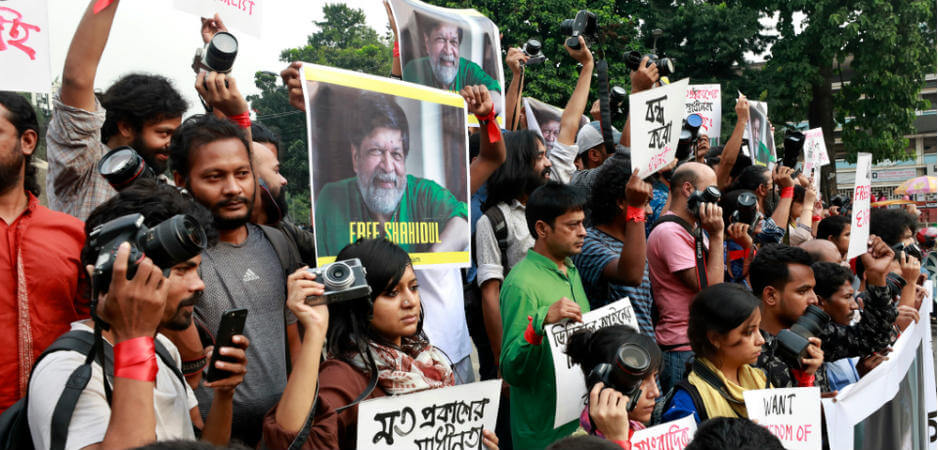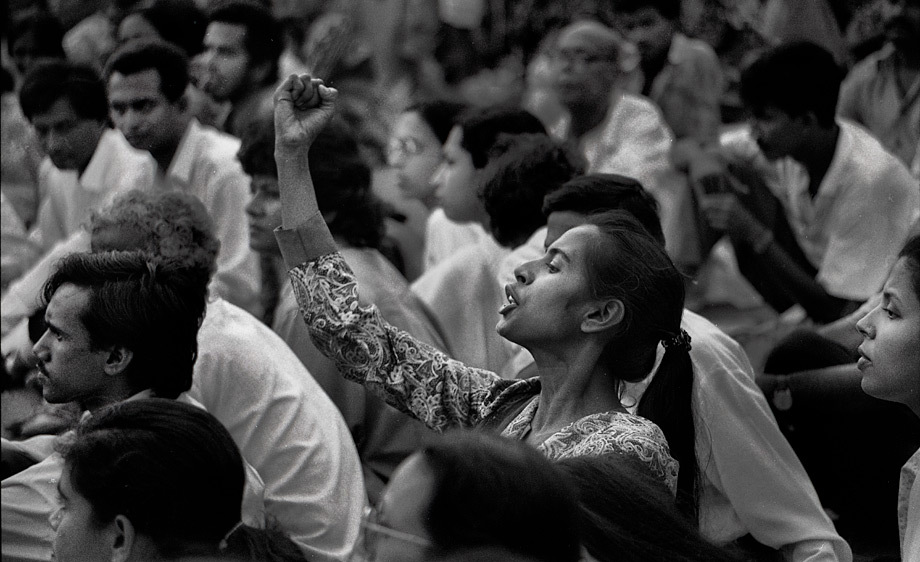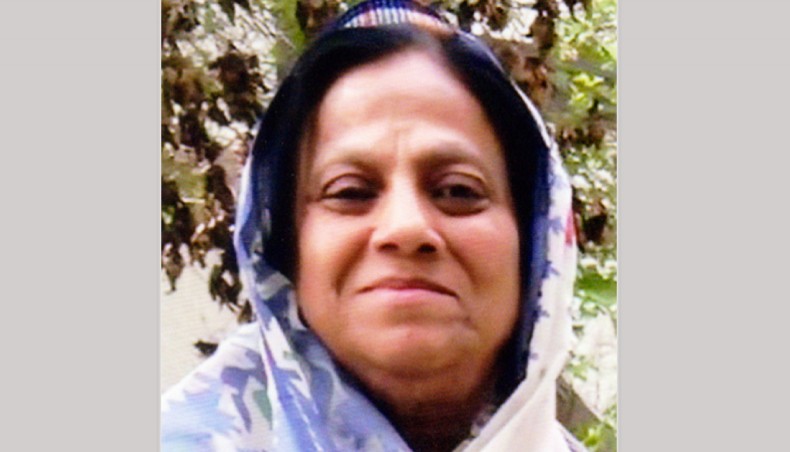“Let us remind you”
They say
These new tyrants
Grown deaf with their own propaganda
Drunk on the spoils of incumbency
And their patrons’ gifts
Blinded by the arrogance
Of too-long
Too-much power
“It is us who brought you freedom
If it were not for us
You would not have the right to write
What you like
To say as you please
To insult us with your poems
Your naked paint
Your twisted tunes and
Crass cartoons
Show some respect”
They say
These bloated 1994 pigs
Ten years late to the Orwellian trough
Fast having made up for time lost
Caricatures of that which once they said they loathed
Would have us silent
In the face of betrayal
Would have us genuflect
To them as lords
When first they promised they would serve
Hear this
You thieves of dreams
You robbers of hope
Who seek to balaclava your looting
With radical rhetoric
That springs hollow from
Your empty hearts
Your false smiles
Your crooked tongues
Ours are freedoms we carry in our hearts
They were not yours to give
They are not yours to take
The freedoms written in our hearts
Will find expression
On the streets
In our workplace
On our stages
In the voting booths
So make your hay
While your sun goes down
For soon our onward march
Will footnote you to history







